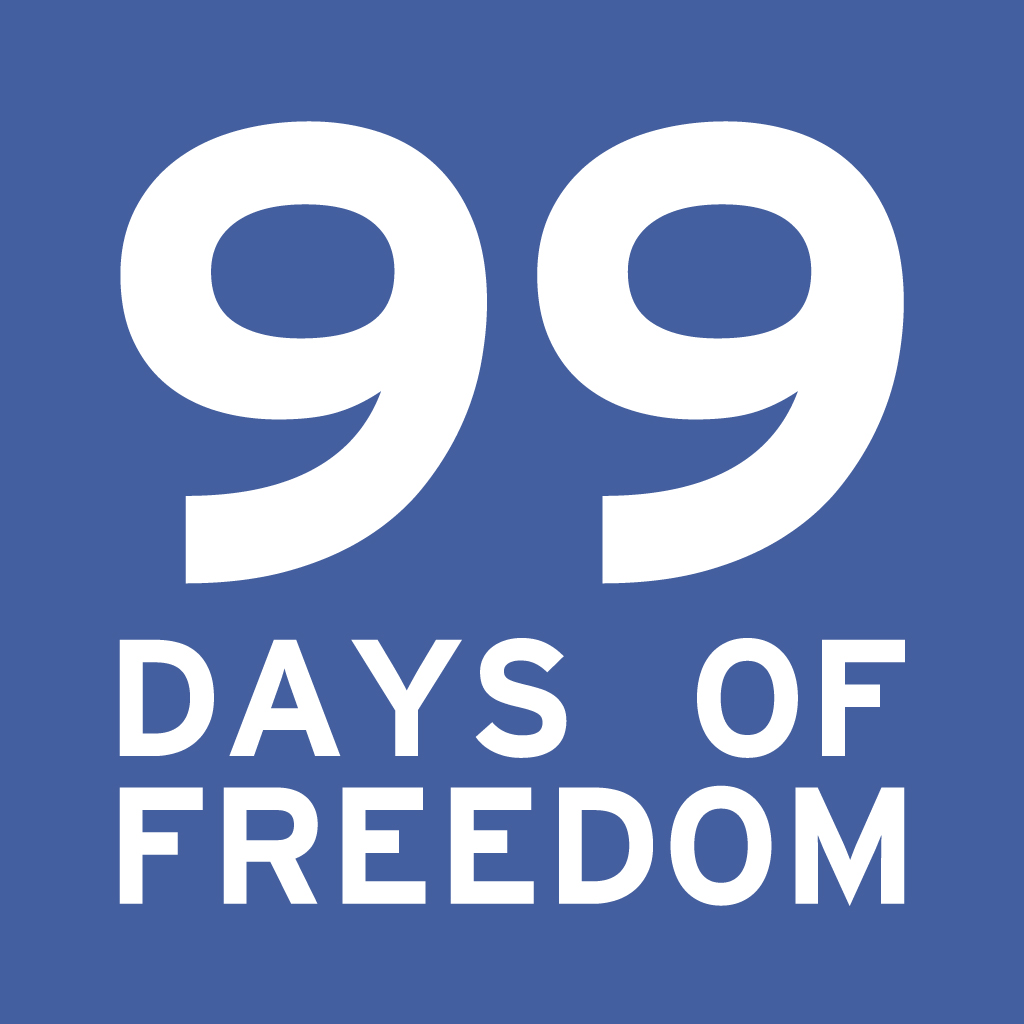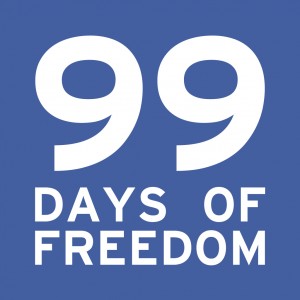Curbing screen time tough for parents, too

 I have a lot easier time controlling my children’s screen time than I do my own, even though it probably affects them just as much.
I have a lot easier time controlling my children’s screen time than I do my own, even though it probably affects them just as much.
In a recent Washington Post interview, psychologist Catherine Steiner-Adair, author of “The Big Disconnect: Protecting Childhood and Family Relationships in the Digital Age,” says that children notice how much time their parents spend online, checking e-mail and social media. She told the Post that children often feel less important than their parents’ devices.
I use a computer at work, of course, but I often catch myself jumping from one web site to another online when I’m at home.
I’ve always been a reader. Even though bound paper is still my reading matter of choice, I also spend a fair amount of time with a screen in front of my nose. We don’t have tablets or e-readers at home, but we do have a laptop and smart phones, and I get sucked into reading whatever I can find on those.
I too easily lose myself clicking from news articles to think pieces to blog posts online, not to mention Facebook. I didn’t like how often I found myself scrolling through my news feed entranced by posts of people with whom I’m only tangentially connected.
I’m supposed to maintain social media accounts for work, so I couldn’t just dump Facebook altogether. My work Facebook page is only possible as an extension of my personal one. I decided to try 99 Days of Freedom, a campaign by the Dutch creative agency that “asks users to refrain from Facebook use for a period of 99 consecutive days and report back on how the hiatus affects personal notions of happiness,” according to a press release.
The campaign cites Facebook’s own estimates that its 1.2 billion users spend an average of 17 minutes per day on the site, reading updates, following links or browsing photos. Over three months, that adds up to 28 hours that could be devoted to more emotionally fulfilling activities, such as spending time with friends and family, according to the campaign.
On July 20, I posted the 99 Days link and swapped my profile photo for the logo on my personal page to indicate that I would take a break from looking and posting to Facebook. I deleted the app from my phone. “I’ll still have to post to my work Facebook page, but I’m going to give this a try because I waste too much time on FB,” I wrote in a status update.
A few days later, I found myself checking my husband’s phone and looking at his Facebook news feed instead of mine since we share many of the same “friends.” He caught me. “Just use your own,” he said. He scolded me that I should just use moderation, and the whole 99 Days thing just made me look like I thought I was better than everyone.
But I tried the 99 Days pledge because I’m worse. I’m prone to all-or-nothing thinking. Moderation eludes me. I wanted to try swearing off Facebook to put it into proper perspective in my life. I wasn’t spending hours a day looking at Facebook, but I was spending enough time at it to feel like it was too much.
Trying to quit Facebook made me realize how powerful it has become. I received e-mail messages from Facebook telling me how many notifications and messages were waiting for me, so I had to look, right? I sneaked on to check on a friend who had a health scare. I could have called her, and I did, but she was too busy to deal with a bunch of individual inquiries and instead posted updates to Facebook.
I haven’t been able to stay off Facebook for 9 days, let alone 99 days. But I have drastically cut back. I go whole days without peeking. It’s had a ripple effect. If I go online to pay bills, I’m less likely to click over to look at a blog or Facebook. I’m spending way less time looking at my phone and computer. I’m working on connecting with friends in the real world. I feel more present with my children.
It didn’t even take the whole 99 days to feel happier.
